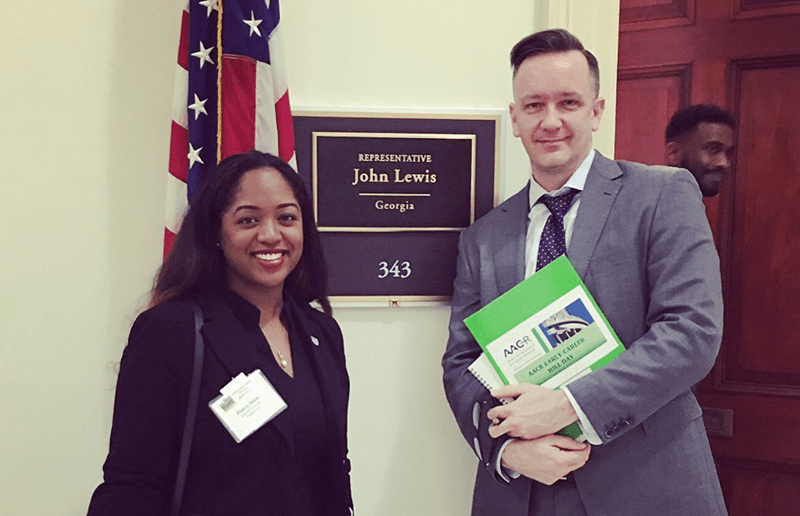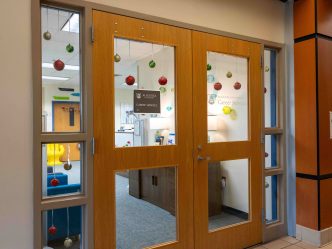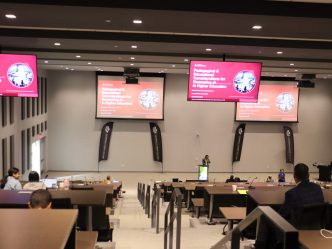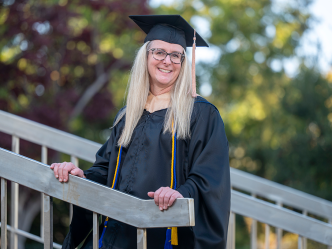A student from the Medical College of Georgia at Augusta University recently spent a day advocating for cancer funding on Capitol Hill. Bianca Islam, who is enrolled in the University System of Georgia’s MD/PhD program at MCG, was one of 15 individuals chosen from among 14,000 medical and graduate student, resident and clinical and postdoctoral fellow members of the American Association for Cancer Research to travel to Washington, D.C., for the 2017 AACR Early-Career Scientist Hill Day.
“We were there to talk with legislators and advocate for predictable, robust and sustainable funding increases for the National Institutes of Health and the National Cancer Institute,” Islam says. “For instance, last year, Congress approved $1.8 billion for the Vice President (Joe) Biden’s Cancer Moonshot Initiative. Last year they distributed $300 million of it, but scientists must continue to advocate each year to ensure we receive that money.”
Islam was paired with Dr. Steven Patierno from the Duke Cancer Institute and met legislators and staff from 39 offices – 21 in the House of Representatives and 18 from the Senate – calling on them to continue increases in funding for the NIH and NCI. “We also wanted to express the importance of the United States maintaining its global leadership in medical research,” she says. “Beyond robust funding, that includes supporting the national and international pipeline of talent, so that we have a strong, diverse and multi-disciplinary research and clinical workforce in the future.”
They also were there to explain to legislators the real world impact of research. “We’re actually helping people through the breakthroughs that we’re finding in the lab,” Islam says, citing her work with her mentor Dr. Darren Browning, director of MCG’s Biochemistry and Cancer Biology Graduate Program. “In our lab, we have several different projects, but the one I focused on was colon cancer prevention, specifically with the use of Viagra. They were excited to learn how this drug that’s already FDA approved can actually help with other conditions.”
Other participants in Hill Day included representatives from places like Stanford, Harvard and the John Wayne Cancer Institute.
“To have a student from Augusta University there representing us on a national stage, with people from places like Duke and Harvard and Yale, is outstanding and really puts us on the map,” Browning says. “We’re making waves on a national scale.”
The University System of Georgia MD/PhD Program trains students in the research and clinical skills that will enable graduates to translate research findings into clinical outcomes. The seven- to eight-year program prepares a diverse group of students who have a passion for medical research and a dedication to serving others for rewarding careers in biomedical research or in academic medicine.
 Augusta University
Augusta University




